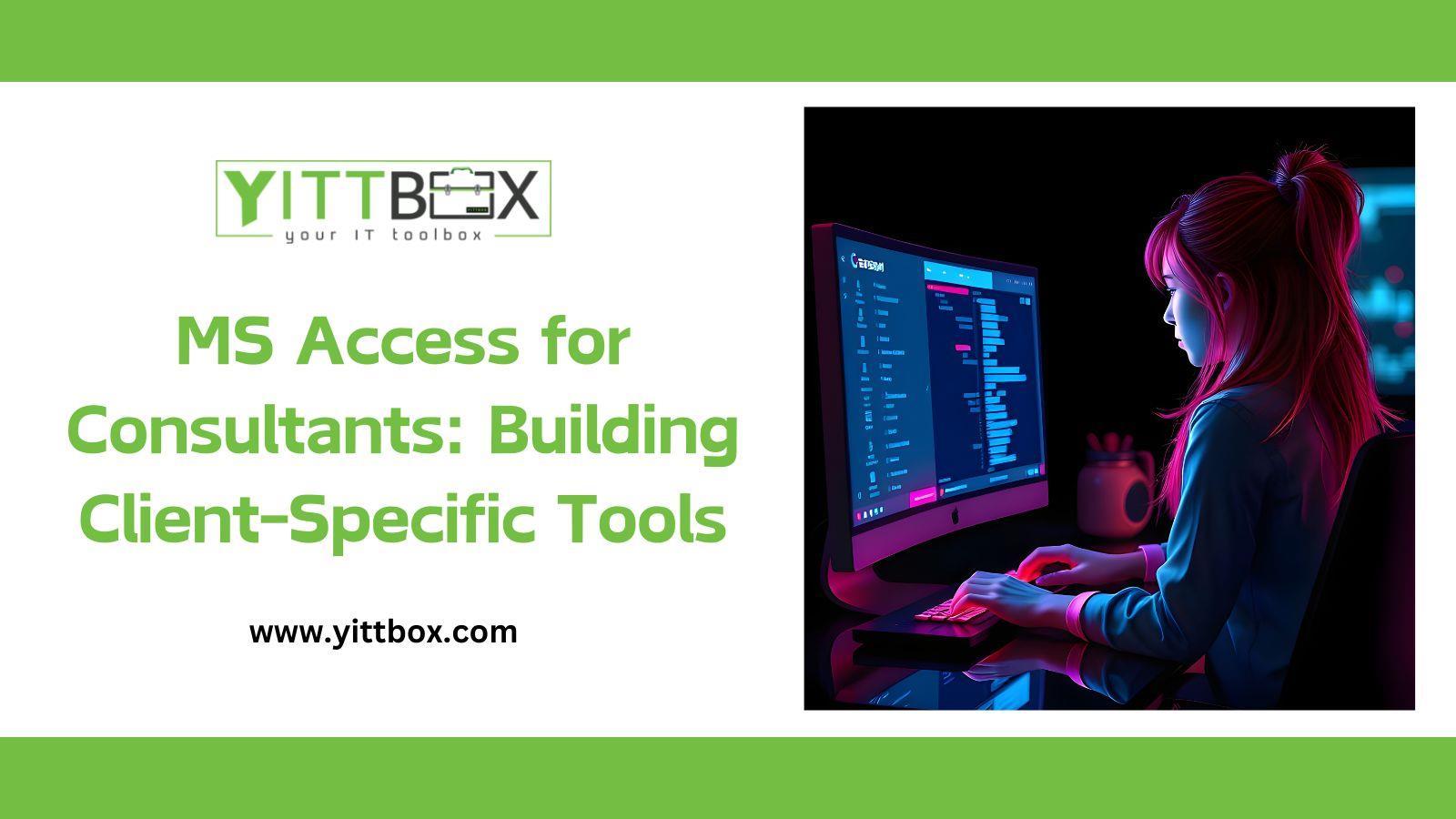Top 7 Essential Skills Every Director of Educational Technology Needs in 2024
the landscape of education is evolving rapidly, and technology plays a pivotal role in shaping its future. As schools, colleges, and universities adopt innovative digital solutions, the role of the Director of Educational Technology has become more crucial than ever. If you are a job seeker aiming to land a position in this exciting field, understanding the essential skills for a Director of Educational Technology in 2024 can set you apart in the competitive market. In this article, we’ll dive into the top skills you need, along with practical tips and an overview of the benefits associated with this dynamic position.
Why Pursue a Career in Educational Technology Leadership?
before delving into the list of must-have skills, it’s worth considering the notable impact the right candidate can have on modern education. directors of Educational Technology bridge the gap between academic goals and digital transformation. Thay empower educators to harness innovative tools, improve student outcomes, and streamline administrative processes. This leadership position offers a meaningful way to drive change within educational institutions and positively impact entire learning communities.
The Top 7 Essential Skills Every Director of Educational Technology Needs
To thrive as a Director of Educational Technology in 2024, you’ll need to master a blend of technical no-how, leadership capabilities, and strategic vision. Here are the top 7 skills you should focus on:
1. Educational Technology Expertise
- Deep Understanding of EdTech tools: Stay up-to-date with the latest learning management systems (LMS), classroom technologies, and digital content platforms like Canvas, Blackboard, Google Classroom, and emerging AI-powered solutions.
- Instructional Technology Integration: Demonstrate how technology can enhance pedagogy and support diverse learning styles, including virtual reality, gamification, and personalized learning technologies.
2. Strategic Leadership and Vision
- Visionary Thinking: Set a long-term technology roadmap aligned with institutional goals.
- Change Management: Successfully lead digital transformations through careful planning, staff growth, and continuous feedback.
3. Data-Driven Decision Making
- Data Analytics: Analyze educational data to inform decisions, from student performance metrics to technology adoption rates.
- Assessment and Evaluation: Measure the effectiveness of technology initiatives and adjust strategies to maximize learning outcomes.
4. Dialogue and Collaboration Skills
- Stakeholder Engagement: Work closely with administrators, teachers, IT staff, students, and parents to foster a collaborative technological culture.
- Professional Development Facilitation: Organize and lead training sessions for faculty and staff to ensure smooth technology adoption.
5. Project Management Expertise
- Agile Implementation: Oversee the rollout of new systems and tools with efficient project management methodologies.
- Budget and Resource Allocation: Optimize spending and manage resources to ensure cost-effective integration of technologies.
6. Cybersecurity and Privacy Awareness
- Data Security Protocols: Protect sensitive student and institutional data by enforcing robust cybersecurity measures and regulatory compliance (such as FERPA, GDPR).
- Risk Mitigation: Quickly identify and address vulnerabilities in digital platforms and infrastructure.
7. Adaptability and continuous Learning
- Staying Updated: Keep pace with emerging trends, technological advancements, and changes in educational policy.
- Growth mindset: Embrace ongoing professional development and encourage a culture of lifelong learning within your team.
Benefits of Excelling as a Director of Educational Technology
Cultivating these skills can help Directors of Educational Technology drive impactful change while advancing their own career trajectory.here are some key benefits:
- High Demand: EdTech leadership roles are increasingly sought after by schools, colleges, and universities globally.
- Attractive Compensation: salaries and benefits reflect the strategic value you bring to educational institutions.
- Possibility to innovate: You have the power to introduce transformative technologies that shape how students learn and teachers instruct.
- Professional Growth: You’ll continuously upskill in both technology and pedagogy, keeping your career future-proofed.
- Work-Life Impact: Your contributions directly benefit educators, learners, and the wider community.
Practical Tips for Aspiring directors of Educational Technology
- Pursue Relevant Certifications: Enhance your profile with certifications such as Certified Educational Technology Leader (CETL) or Google for Education certifications.
- Engage in Thought Leadership: Share insights, publish articles, and participate in EdTech conferences to increase your professional visibility.
- Network with Industry Peers: Join professional associations and online communities to learn best practices and stay informed.
- Build a Diverse Team: Collaborate with IT professionals, instructional technologists, and faculty innovators to drive holistic solutions.
- Stay Informed: Regularly read industry reports, research, and case studies to anticipate future trends and challenges.
Conclusion: Preparing for a Successful Career in EdTech Leadership
The role of a Director of Educational Technology is evolving, demanding a unique blend of technical, managerial, and interpersonal expertise. By mastering these seven essential skills, you can stand out to employers and become a driving force for positive change in schools, colleges, or universities in 2024 and beyond. Whether you’re transitioning from a teaching background or growing within the IT sector, investing in these core areas will set you on the path to a rewarding career at the forefront of educational innovation. Start building your skills today and be ready to lead the digital transformation of learning!

